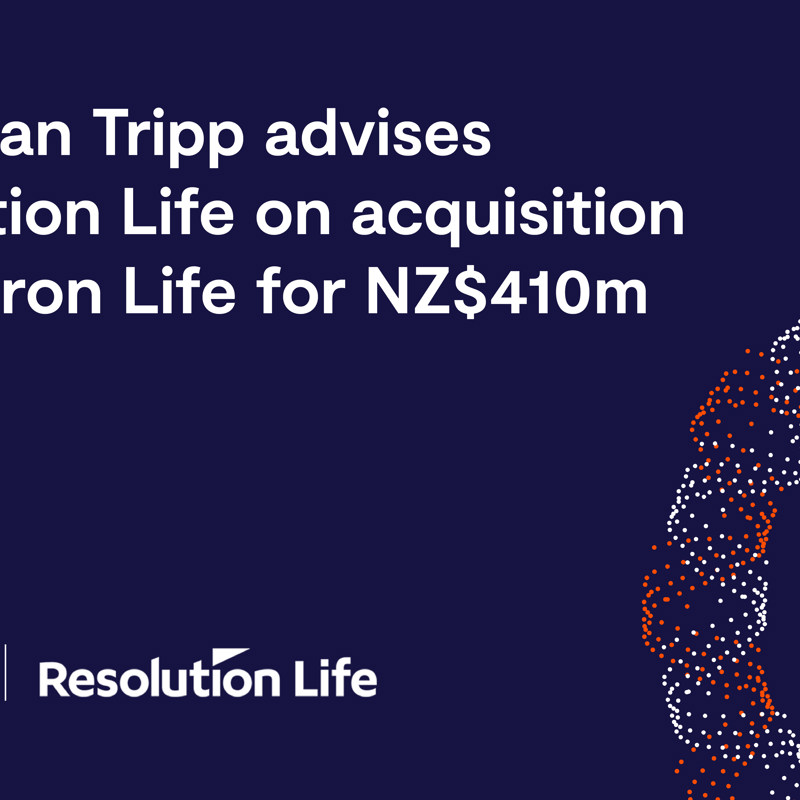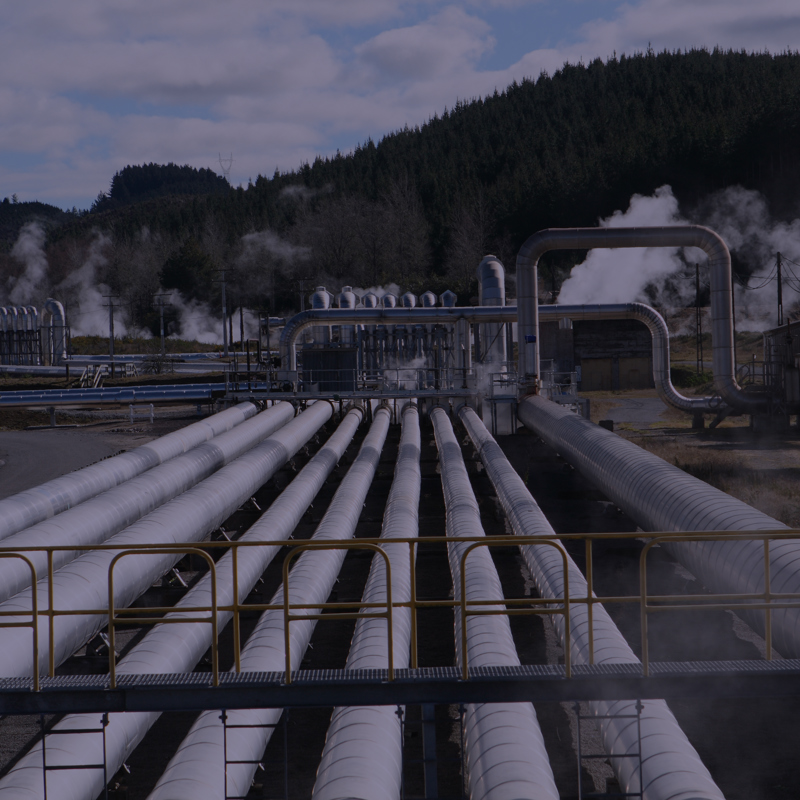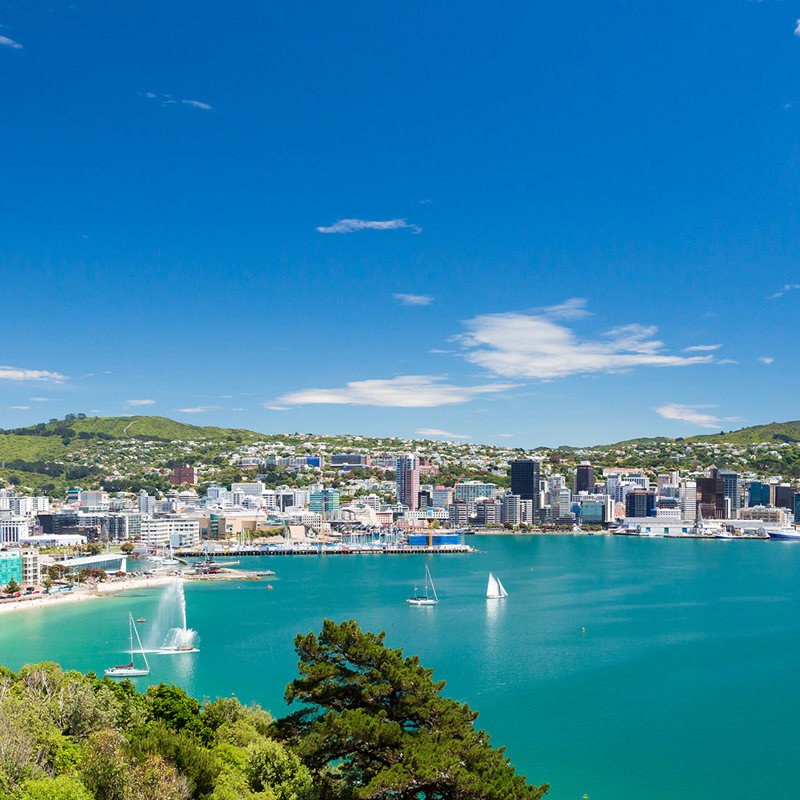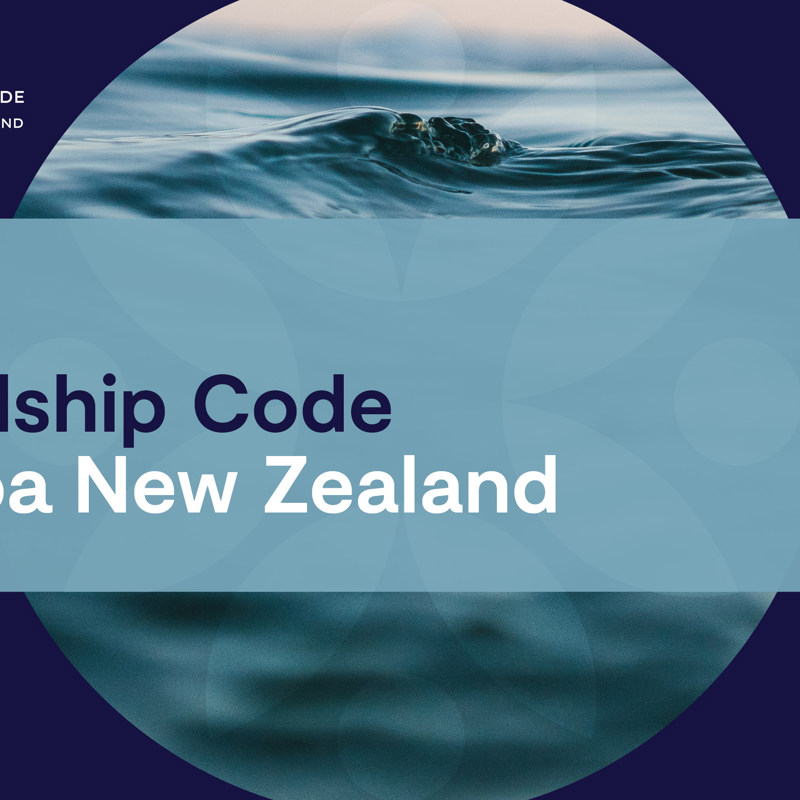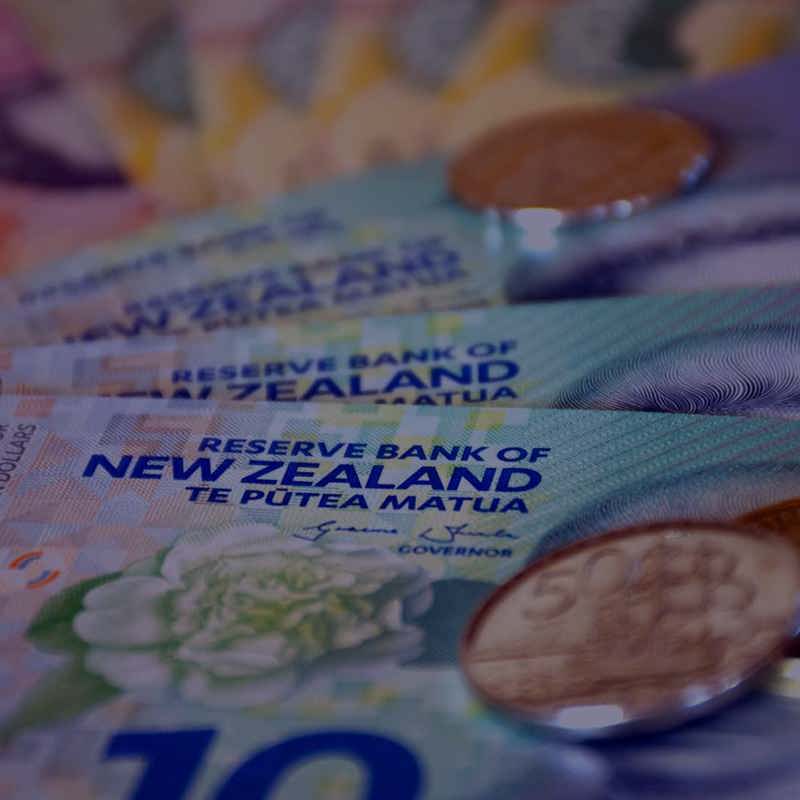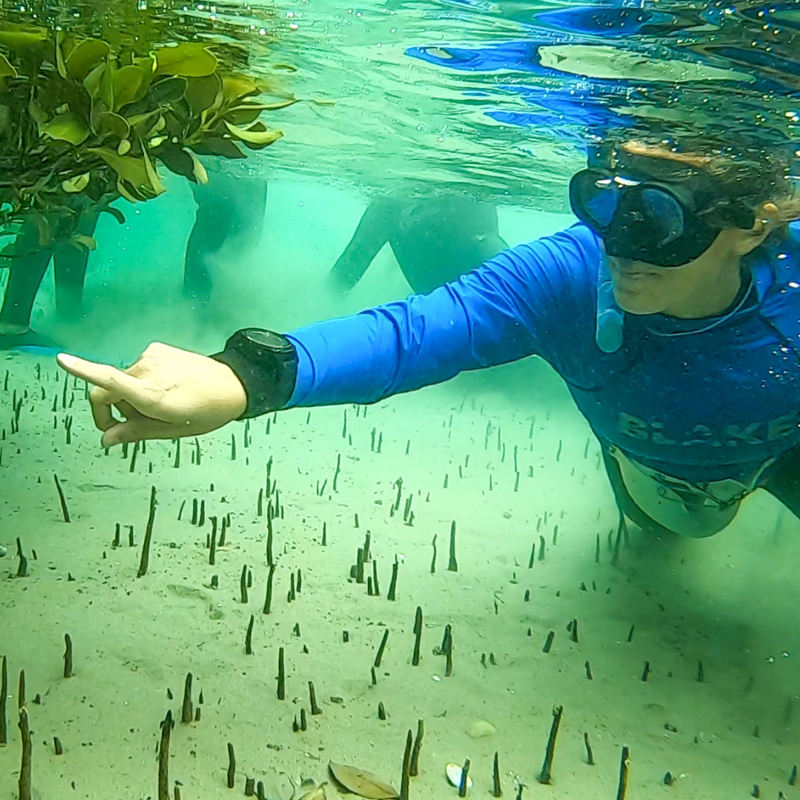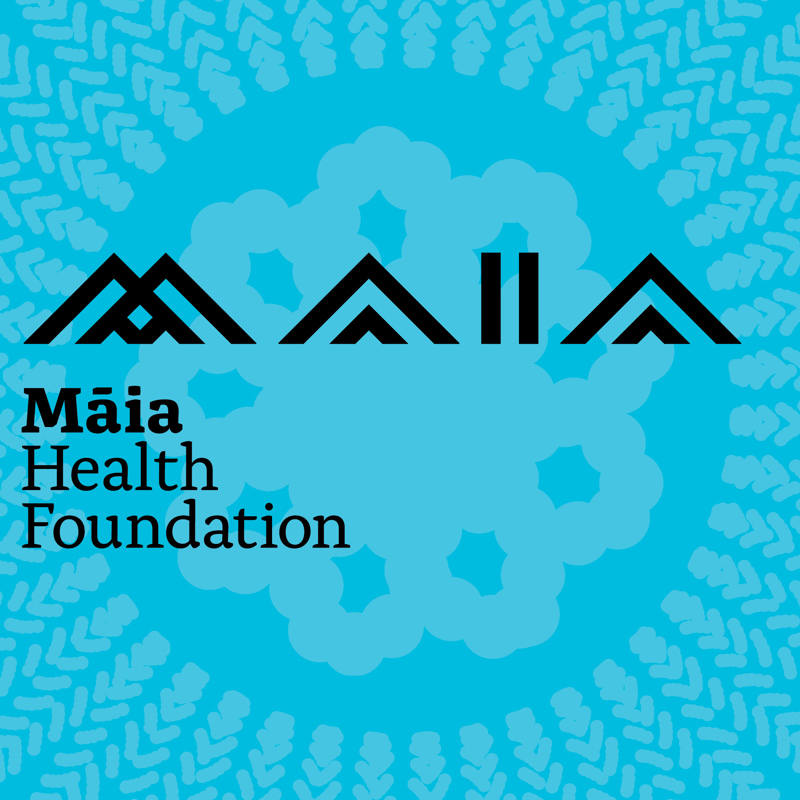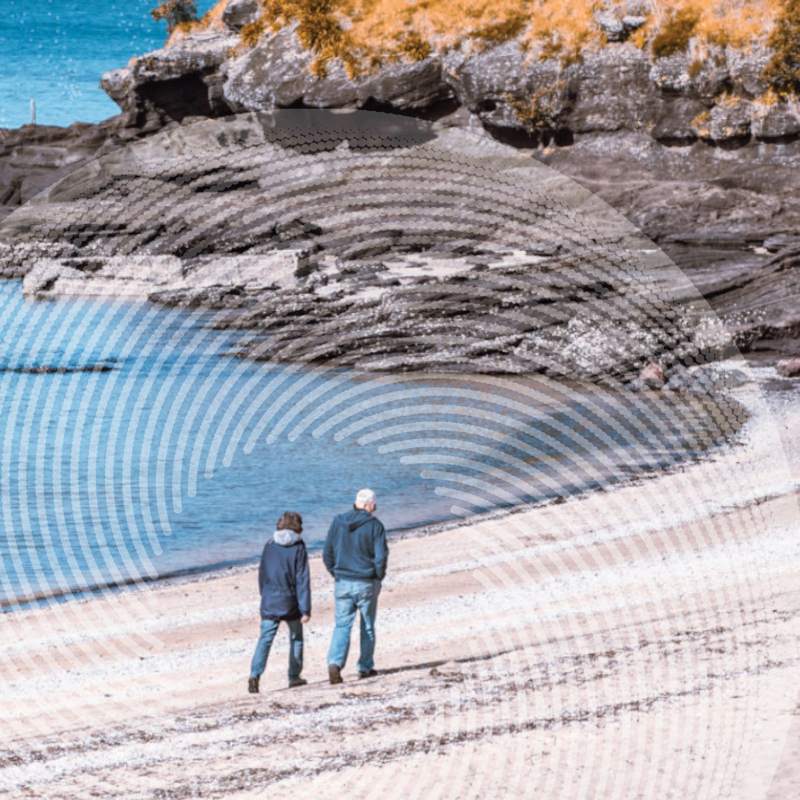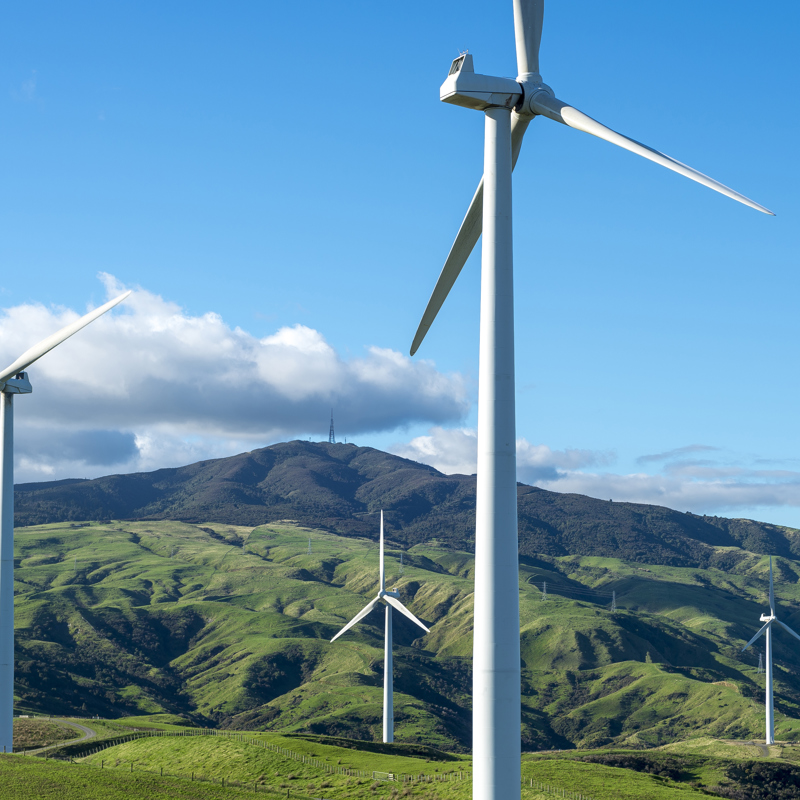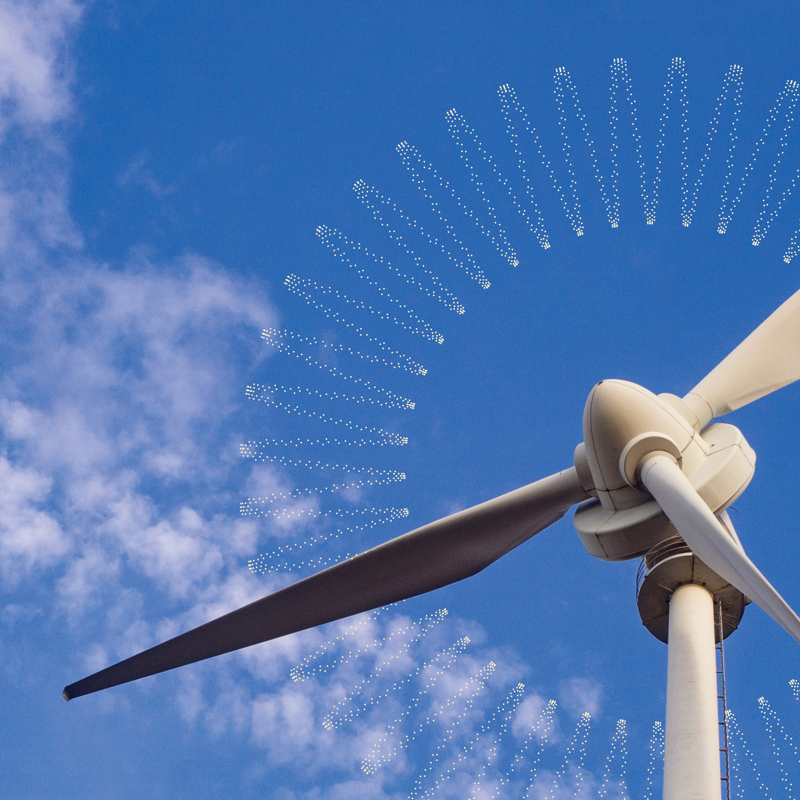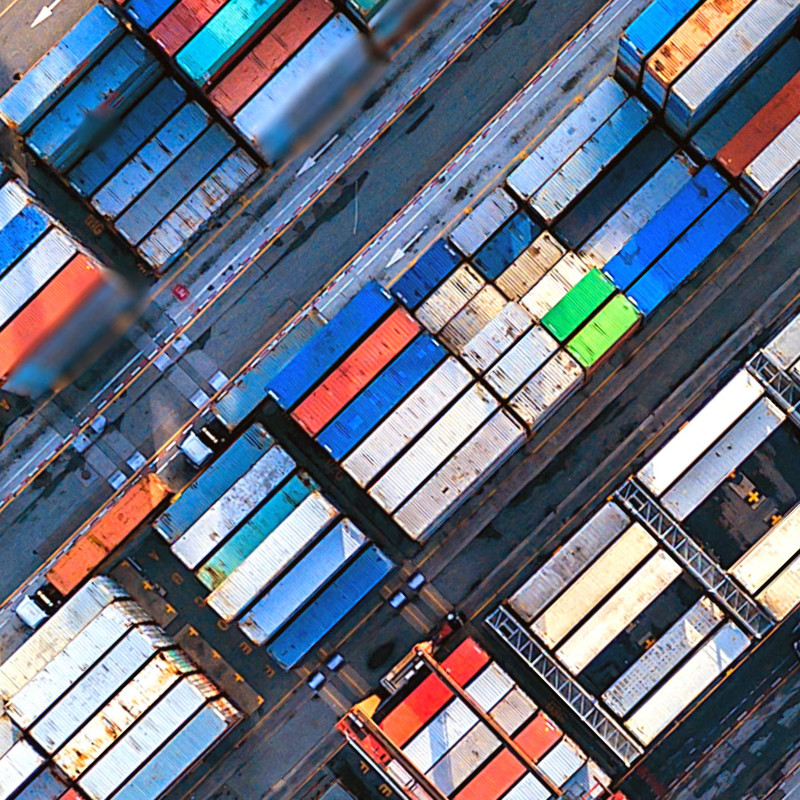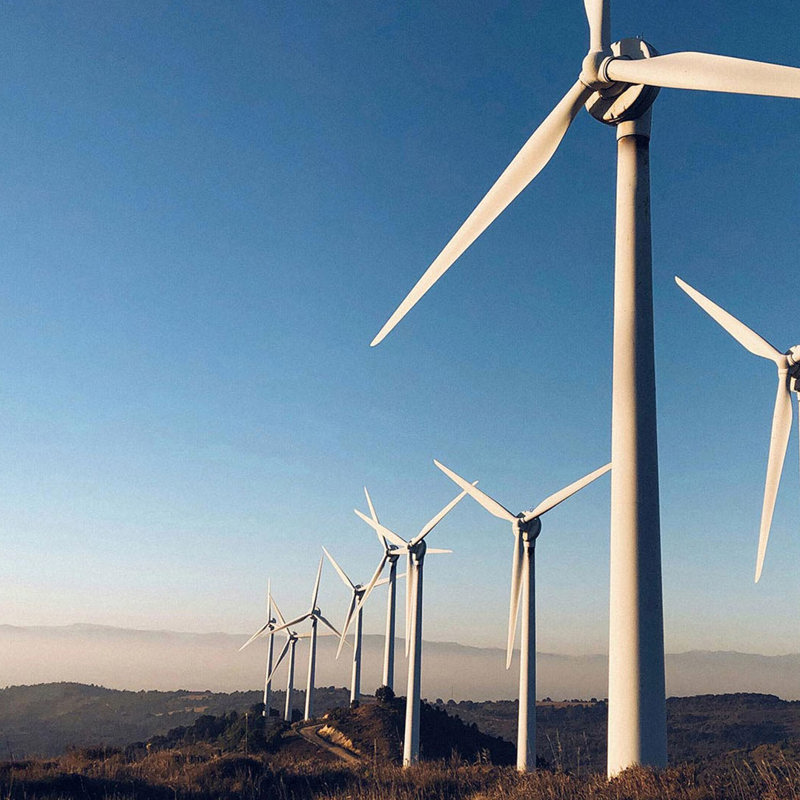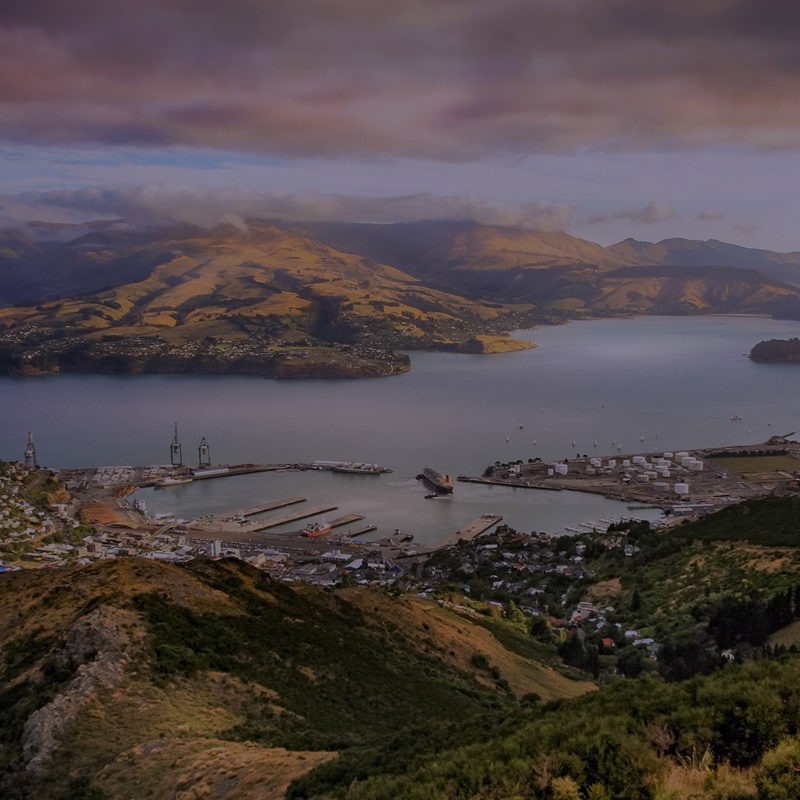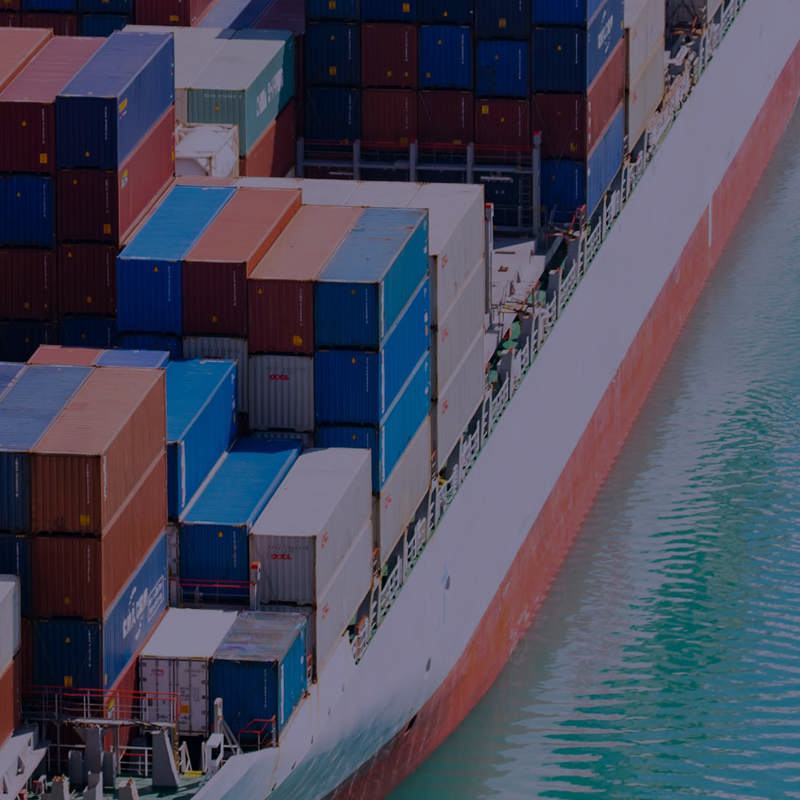Speak to our experts
Contents
A new report has revealed the pressure on New Zealand exporters to keep up with international expectations on sustainability, with more than 80% of New Zealand’s exports by value now going to countries with mandatory climate-related disclosures (CRD) either in force or proposed.
The report, Protecting New Zealand’s Competitive Advantage, by Chapman Tripp for The Aotearoa Circle is a point-in-time snapshot which focusses on two key trends:
- new climate and sustainability reporting requirements including climate-related disclosures; and
- emerging trade measures that relate to climate change and sustainability.
An example of the latter is the EU’s Carbon Border Adjustment Mechanism, in force since late 2023, which now imposes a cost on embedded emissions in certain carbon-intensive exports to the EU. Measures like this in various jurisdictions are anticipated to levy the carbon cost differential between domestically produced products and imports, depending on their carbon footprint and the equivalence of emissions regulation in their country of origin.
Chapman Tripp Partner and report co-author Nicola Swan says the extent of the changes and how fast they are happening may come as a surprise to some. “The fact that more than 80% of New Zealand’s exports by value are now going to countries with CRD either in force or proposed presents a challenge to exporters and their supply chains. New Zealand is heavily dependent on trade and offshore capital – we cannot afford to fall behind on increasing global demands for reporting on climate risk, GHG emissions and broader ESG capability.”
As well as trade measures and local regulations, those requirements may include clauses in free trade agreements (FTAs) which focus on climate and environmental standards.
The report, Protecting New Zealand’s Competitive Advantage, provides material which enables government and business alike to both recognise key trends that are shifting the global operating environment for New Zealand companies and pin-point specific regulations that may affect them.
The CEO of The Aotearoa Circle, Vicki Watson, says the scale of the changes documented in the report was a revelation. “As an organisation built to focus on the restoration of natural capital, we are well aware the rapid change is happening in ESG reporting worldwide at both a government and major customer level. But seeing a snapshot of these all-in-one place is telling - over 60% of world GDP is now subject to mandatory CRD measures, either proposed or already in force. This is a trend that is not going away.
This report maps that trend, pulling together (for the first time) a summary of the raft of regulatory changes that are happening offshore. Having the disclosure requirements listed together with the latest trade regulations is key. We believe it’ll be an invaluable tool for New Zealand companies looking to future proof access to critical markets and international capital.”
Leading law firm Chapman Tripp was engaged to provide the report by The Aotearoa Circle, which is a unique partnership made up of around 50 New Zealand organisations from the public and private sectors working together to restore Aotearoa’s natural capital. Its vision is sustainable prosperity for New Zealand.
ESG reporting is a rapidly evolving area in New Zealand and internationally. Several jurisdictions already have or are considering mandating broader sustainability disclosures to include natural capital risk and some, such as the EU, already require this.
While the authors expect larger New Zealand companies may be directly affected by some of these regulations, many more will be affected indirectly via supply chain expectations and changing consumer preferences. This will have wide-ranging repercussions for a range of our businesses, from large corporates to SMEs.
Chapman Tripp Partner and report co-author Alana Lampitt says “think of a New Zealand exporter who supplies an overseas customer that is subject to mandatory CRD. That customer is likely to look to its supply chain to provide information to support its disclosures and may in turn impose expectations on its New Zealand supplier to meet its own overseas regulatory obligations or voluntary targets. Failure to do so could put the business relationship at risk.”
Simon Tucker, Director of Global Sustainability, Stakeholder Affairs and Trade at Fonterra, welcomed the report, saying, “The number of Fonterra customers with science-based climate targets is growing. These customers are turning to suppliers to deliver their targets. Many other exporters will be in a similar position. This report starts a critical conversation about how New Zealand can take a strategic approach to navigating these changes in a way that protects export value and market access.”
It will be critical for both the private and public sector to continue to monitor these developments to ensure NZ Inc has the information and tools needed to best position itself to respond in an age of transition and change.
The report is publicly available, for free on The Aotearoa Circle website here.







